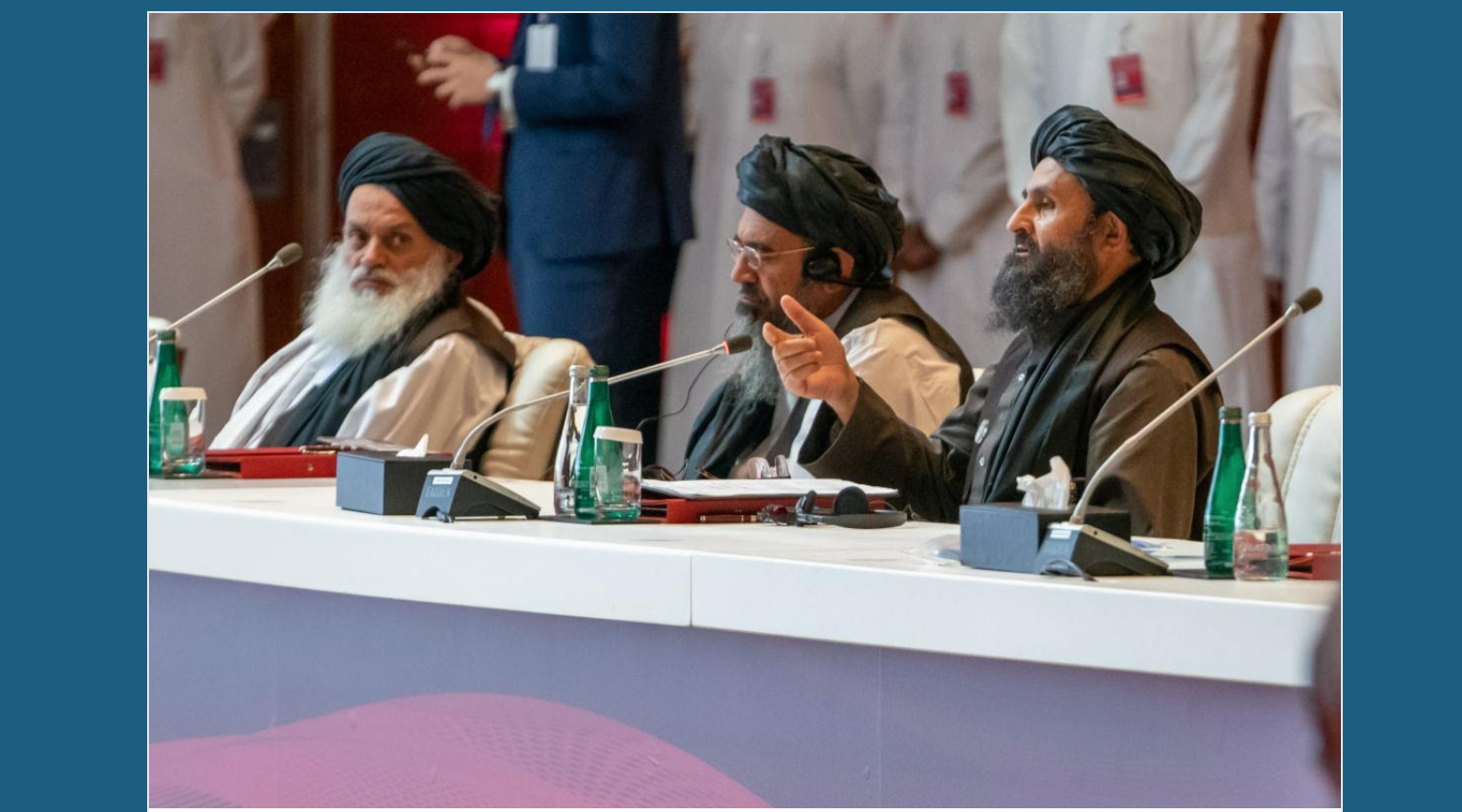Review: Muslims and the Making of America
A book by Precious Rasheeda Muhammad
Reviewed by Susan Schwartz, TMO
 In an era when Islamophobia is rampant and has become a widespread and profitable industry, a publication which details important truths about a little discussed aspect of Islam should be celebrated. Muslims and the Making of America†by Muslim Public Affairs Council (MPAC) intern Precious Rasheeda Muhammad is such a publication. Ms Muhammad has produced an exquisitely researched, artfully crafted, and scrupulously documented work. She has accessed public records and private collections of writings.It is available on the MPAC web site www.mpac.org under publications, and it is to be hoped that MPAC will make it available in print form.
In an era when Islamophobia is rampant and has become a widespread and profitable industry, a publication which details important truths about a little discussed aspect of Islam should be celebrated. Muslims and the Making of America†by Muslim Public Affairs Council (MPAC) intern Precious Rasheeda Muhammad is such a publication. Ms Muhammad has produced an exquisitely researched, artfully crafted, and scrupulously documented work. She has accessed public records and private collections of writings.It is available on the MPAC web site www.mpac.org under publications, and it is to be hoped that MPAC will make it available in print form.
History tells of Muslim accomplishments with primary focus in the fields of Mathematics, Science and Medicine. Islamophobes have tried to detract from them but before long have run into the brick wall of established historical facts. Misinformation has been more successful when Islamophobes and their sycophants claim that Muslims were absent from any contribution to the life of the American republic. Here they will run into Ms Muhammad and her publication.
Herewith the story of Muslims and the Making of America.
The synopsis which follows does, of course, not do justice to the publication in its totality. It begins in colonial America and ends in the present. A theme runs through the work and that theme is: whatever individual accomplishments there were on the part of Muslims – and there were many – Muslim influence was greatest through quiet piety; insistence on the oneness of God; ethical values of the Quran; shared values with Americans, and the shining examples of individual Muslim behavior. Muslims entered into the fabric of American life and became interwoven with its fabric as sunshine enters a room and fills it with light and warmth.
We will begin with Job Ben Solomon (Ayuba Suleiman Diallo), a respected Imam in what today is Senegal. He was captured as a slave and soon found himself in Maryland colony on a plantation . He knew nothing of the language (he was a highly educated man and was fluent in Arabic, both spoken and written and in several other languages). He escaped and was recaptured and put in jail. Eventually he made contact with an African and made his predicament known. He was returned to his master who then understood his need to pray five times a day – free from derogatory observations. He provided Job with such a place and thus established the first Muslim place of worship in the American colonies.
His influence was not limited to the colonies. Job came to the attention of General James Oglethorpe, the founder of the Georgia colony. In a letter written by Job that was read by Oglethorpe, the latter was so impressed that he arranged for his freedom and return to Africa via England. While in England Job impressed and became close to many influential persons including the royal family. Job became an important influence on Oglethorpe’s vociferous opposition to slavery.
Job through his piety and practice also impressed Christian missionary, Thomas Bluett. Long after his death, Job’s name surfaced among Christian missionaries.
Benjamin Franklin was opposed to the slave trade and to slavery in general. Soon after the inauguration of President George Washington, Franklin wrote to Congress asserting that the blessings of liberty must include all men. He specifically mentioned Muslims, at that time estimated to be from 15 to 30% of slaves held in America. Franklin, aghast at the massacre of Native Americans by Scotch-Irish frontiersmen in Pennsylvania, quoted the Prophet Mohammed (s) on kindness toward captives.
Franklin established the “preaching house’ to be open to all faiths. He specifically mentioned the Islamic faith. Franklin was familiar with the life of the Prophet Mohammed (s) and was an admirer of his values.
Thomas Jefferson had a copy of the Quran and studied it. He drafted the Virginia Statute for Religious Freedom which became a template for the First Amendment. Jefferson specifically mentioned Muslims in his discourses on religious freedom as had his mentor, John Locke.
James Madison who followed Jefferson into office and is considered the primary author of the Constitution, expressed doubt as to the wisdom of the Bill of Rights at the time it was being considered. He did so not because he did not believe in the rights they protected. On the contrary, he felt that the rights enumerated were implicit in America’s documents. To put them in writing might be to make them prey to future statutory action which would place limits on them. He specifically feared that Jews and Muslims might be targeted.
Baptist minister John Leland pressed Madison for approval of the Bill of Rights which he felt was necessary for the preservation of religious freedom. Again the Muslim faith was cited. Again the quiet piety and practice of Islam by its adherents had made an impression that motivated men in power.
Freed African Muslim slave, Yarrow Mamout, became an investor in a major bank. His portrait was painted by Charles Willson Peale, renowned as a painter of famous and revered men. Yarrow’s daughter-in-law became a beloved mid wife (until modern times midwives attended pregnant women, usually the well to do). The town of Yarrow, Maryland is named after the family.
Most Americans are familiar with the Amistad case which was argued before the Supreme Court by John Quincy Adams. The Amistad was a Spanish schooner carrying captured African slaves. It had drifted into American waters, and there was a disagreement as to whether the slaves should be freed or sent to Spain. Adams prevailed, leaving his audience, including the Justices, in tears. In citing American values – and the fact that the slave trade had been outlawed – Adams told of speaking to one of the African slaves on the Amistad in Arabic, using part of an Islamic prayer and of being answered by that slave who responded in Arabic, with more of that prayer. Clearly Adams was profoundly impressed by the experience.
Omar ibn Said was another prominent African slave brought to the United States, When he wrote his biography, abolitionist Theodore Dwight noted that this was an example of a slave being more civilized and educated than his master. Dwight – while countering pro slavery arguments- would point to the high degree of civilization Africans reached under Islamic rule.
President Andrew Johnson after the Civil War invited an envoy from Tunisia to congratulate his nation through him for its principled stance against slavery.
Islamophobes might wish to search the story behind the naming of Alkader, Iowa. The city was named after a Muslim Hero, a superbly educated multilingual freedom fighter who is credited with saving thousands of Christians in Damascus. Abd El-Khader was praised by Pope Leo IX, Queen Victoria, and President James Buchanan.
The abolition of slavery in Tunisia had a profound effect on American thinking.
Muslims risked their lives to fight for the United States in war beginning with the revolutionary war.The Ottoman Empire supported the North during the Civil War.
President Reagan in his correspondence spoke of Roger Williams, founder of the Rhode Island colony and a staunch advocate of religious freedom. The President appointed Muslims to public service positions and included them in the vast quilt that is America.
President Bill Clinton often spoke of shared values between Muslims and Americans.
W. D. Mohammed was called “America’s Imamâ€. His motto was: Elevate Humanity. He spoke at the 1993 Inaugural Prayer Service. W. D.’s father was the founder of the Nation of Islam (NOI).
Keith Ellison, a revert to Islam, became the first Muslim elected to Congress and has served since 2007.. He has been an outspoken advocate for human rights and is a popular speaker.
If this review has been tantalizing, that was the objective. Muslims and the making of America should be read and reread in its entirety.
15-9













2013
1,504 views
views
0
comments